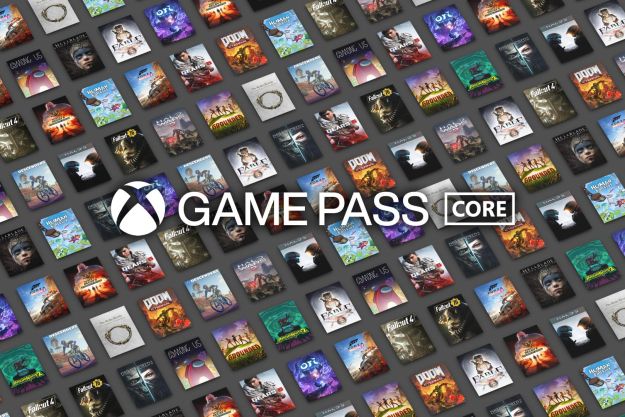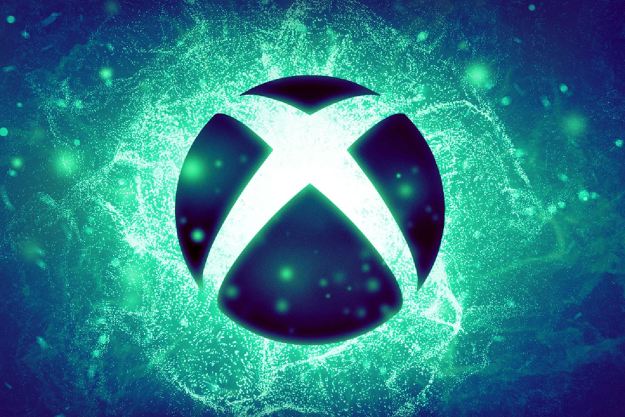
Microsoft has filed a new lawsuit against Motorola, claiming the technology giant is charging Microsoft “excessive and discriminatory” fees to license technology Microsoft uses to implement both 802.11 Wi-Fi networking and H.264 video compression technology. Microsoft says the fees violate Motorola’s legal commitments to organizations that manage these technology standards.
The suit alleges that Motorola is seeking license fees based on the retail prices of Microsoft products using the technologies—that would include Windows 7, Windows Phone 7, and Xbox 360 game consoles—rather than license fees based on the prices of the individual component hardware and software related to implementing the specific features related to Motorola technology. Microsoft argues that both Wi-Fi and H.264 video encoding are secondary features of its products, rather than primary features, and therefore Motorola’s licensing fee demands are unreasonable.
Microsoft also notes that as a member of both the International Telecommunications Union (ITU) and the IEEE, Motorola is obligated to provide “reasonable and non-discriminatory” licensing for its patents that are included in the Wi-Fi and H.264 standards. Microsoft is asking the court to force Motorola to offer licenses on what Microsoft considers reasonable terms, as well as award it damages to make up for losses incurred from what it sees as overcharging.
Motorola has not commented on the suit, saying only that the companies have not been able to reach an agreement on licensing terms.
The suit was filed in a federal court in Seattle, and is the second Microsoft has filed against Motorola in recent weeks. Last month, Microsoft sued Motorola, claiming its Android smartphones infringe on nine Microsoft patents.
Editors' Recommendations
- For Microsoft, indies aren’t Game Pass extras. They’re the future of Xbox
- Microsoft has acquired Activision Blizzard: What does that mean for you?
- Rebuild your own nostalgia with this detailed Xbox 360 toy set
- Microsoft will shut down the Xbox 360 Store next year
- Microsoft’s Activision Blizzard acquisition is going to take even longer


